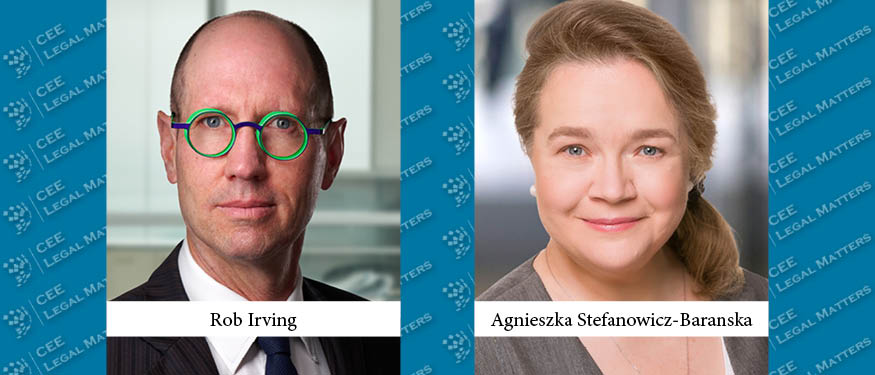High levels of migration from Russia and Ukraine have been causing a boom in the real estate sector in Serbia, in a period of overall legislative slowdown, according to Zivkovic Samardzic Partner Branislav Zivkovic.
Following the elections that took place this spring, no government was formed yet, Zivkovic begins. “The process is still within its legal deadlines, but longer – a technical government is still in session. So, no new laws, no new pieces of legislation, other than urgent decrees,” he reports. “Since early spring, legislative activity essentially stopped.”
However, the major topic that impacts Serbia is the war in Ukraine. “We also feel the repercussions and consequences of it,” Zivkovic says. This is something he believes is ushering in new market challenges. “Serbia is in a very delicate position, in so far as it has not yet joined with the EU sanctions against Russia, but it did condemn the war,” he explains. “We support independent Ukraine, but on the other hand – because of the sentiment among the general population, as well as strong economic ties, especially in the energy sector – no sanctions have occurred yet.”
Tens of thousands of Russian citizens now seek to emigrate to Serbia – both individuals and legal entities – as well as a smaller number of Ukrainian nationals, because of this peculiar status. “This has generated huge amounts of work, with many family businesses, tech company employees, and the like. Freelances that worked for international companies have begun relocating to Serbia – as there are strong levels of support for the IT sector and tech companies here,” Zivkovic explains.
Furthermore, this situation has impacted the local real estate market. “There have been many, many acquisitions and leases that took place in the past few months, and the already-booming real estate sector has only continued trending upwards,” Zivkovic stresses.
Additionally, the energy sector is seeing interesting levels of activity on account of investor interest in alternative energy sources, such as solar and wind. “This has accelerated up to the point that we need new legislation to cater for these upticks and stronger investor interest, mostly when it comes to making grid connections easier,” Zivkovic says. “Clearly, this is a trend, with mostly local companies as first-phase investors, and foreign investors stepping in afterward.” He reports that, even though there is no one single huge project in the market, “investors think that this course of investment is safe, and it is only a matter of time until such larger undertakings will occur.”
Finally, Zivkovic reports that Serbia is “soon to finalize” a free trade agreement with China. “This will impact the market for sure, seeing as how tariffs will go down, and we might see an introduction of preferred rates or cancellation of customs duties to agricultural and other exports. Levels of mutual investments are likely to go up, even with Chinese investors having been strongly present in Serbia’s infrastructure projects for a while now,” he explains.
“Either way, all business sectors are coming along nicely, and we’re even getting some previously unseen client inquiries related to cryptocurrency regulation and autonomous driving vehicles.” Whatsmore, the market appears to be adjusting to the overall global instability as well, with “many law firms introducing inflation adjustment clauses when contracting client work. The overall market outlook continues to look promising,” Zivkovic concludes.






















